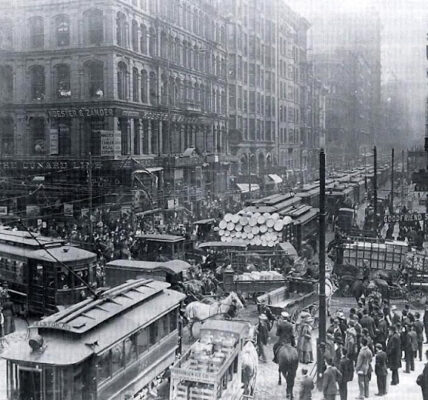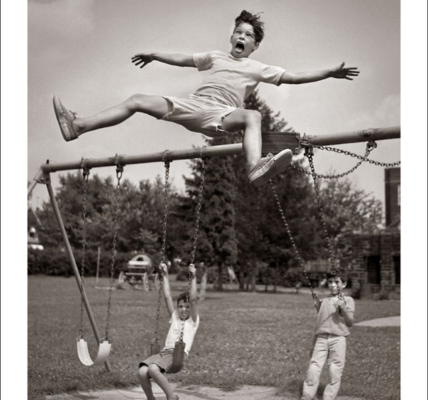Parallel Histories, one of three charities the Guardian is supporting this year, helps students navigate contemporary conflicts

alf a million students studied GCSE or A-level history in the UK last year, but just 2,000 of them tackled the origins of the conflict raging in the Middle East. Why? According to one history teacher, Meredith Cann, schools often fear criticism from parents if they tackle sensitive topics.
Children are hungry for the chance to study contested and topical periods of history, says Cann, the programme manager at Parallel Histories, an education charity. It’s not just Israel and Palestine; other contested subjects often avoided by schools include the impact of the British empire, and the conflict in Northern Ireland.
Most schools, she says, restrict their history curriculum to periods that are distant in time or geography. “I was terrified about parental backlash,” Cann recalls of her time as a teacher in London.
Parallel Histories promotes new ways to study and understand conflict, helping teachers confidently explore the roots of contemporary wars from Ukraine to Gaza with students, and assess the legacy of leaders such as Winston Churchill. It seeks to reach across community divides and provide an antidote to populism and extremism.
It is one of three charities supported by this year’s Guardian and Observer charity appeal in aid of people affected by war and conflict, along with Médecins Sans Frontières and War Child. As the appeal enters its final weekend, more than £1.5m has been raised.
“It’s really easy for children to think of history as a list of dead people and what they did. But history is the version of the s tories which have shaped and are shaping so much of the modern world,” Cann says.
“It’s about how things have been interpreted, and how people have used this history. And that’s where we link to current affairs without treading that line into politicising.”
They do this by collecting original sources that support two conflicting narratives, which teachers explore with students before holding structured debates. In alternating sessions, all students have to advocate for both perspectives.
“Getting them to argue both sides forces them to engage with what might not be their starting point,” says the Parallel Histories chief executive, Bill Rammell, a former Labour minister who ran universities in the UK and Iraq after leaving politics.
Parallel Histories works with prominent historians and spends months sifting through sources to draw up the ebooks that are the basis of debates on each topic.
For example: was Winston Churchill a racist warmonger who used inhumane forms of warfare? Or was he a visionary leader who saw the threat posed by nazism from the start and led Britain to help defeat Adolf Hitler?
There is original source material to support both positions – data, quotes, letters, images – and the debate rages regularly on social media. But it’s a discussion that is absent from most British history classrooms.
The materials on Churchill include a chilling account from his memoir of a military campaign in Afghanistan. Acts that today would probably be considered war crimes are described in his own words.
“We destroyed the houses, filled up the wells, blew down the towers, cut down the great shady trees, burned the crops and broke the reservoirs in punitive devastation,” Churchill wrote.
Another page illustrates the huge pressures he defied when calling for Britain to fight Nazi Germany. A 1938 letter from Lord Rothermere, owner of the influential Daily Mail newspaper, carries a barely veiled warning that Churchill’s position could cost him his seat in parliament.
“The public is so terrified of being bombed that they will support anyone who keeps them out of the war,” Rothermere wrote. “If you were not in the House [of Commons] it would be a national loss.”
Parallel Histories has reached hundreds of schools in the UK and beyond, including the US and Uganda, and not one has come back with complaints, Rammell says.
after newsletter promotion
The programme bolsters skills that will be vital in the workplace, from analytical thinking to debate.
Nine out of 10 students surveyed after a recent workshop said they were better equipped to scrutinise material on controversial topics, work with people from different backgrounds, and articulate different points of view in public.
It helps prepare children for a future in which they will constantly have to evaluate competing claims on controversial issues in a world of proliferating online misinformation, disinformation and fake news.
“We want students to understand how history can be a weapon,” Cann says. “An action can be wrong, but [supporters] will be able to back up their position with some forms of evidence.”
In 2022, the charity created an ebook covering the claims deployed by Vladimir Putin to justify his invasion of Ukraine, another topic schools have been nervous about teaching.
“We would never encourage a debate on ‘Should Putin have invaded Ukraine’, that’s a completely inappropriate question [for a history class],” Cann says.
Instead, the students scrutinise his historical claims, exploring a different universal question about how facts are deployed, in war and politics everywhere: “Can you see how he is convincing people?”
Parallel Histories is one of three charities the Guardian is supporting this year, alongside War Child and MSF. With the horrifying increase in conflicts around the globe this year, millions more civilians have had their world turned upside down. You can help those caught in the crossfire by donating to the Guardian winter appeal.
Donate now to help civilians rebuild their lives: theguardian.com/charityappeal2024


